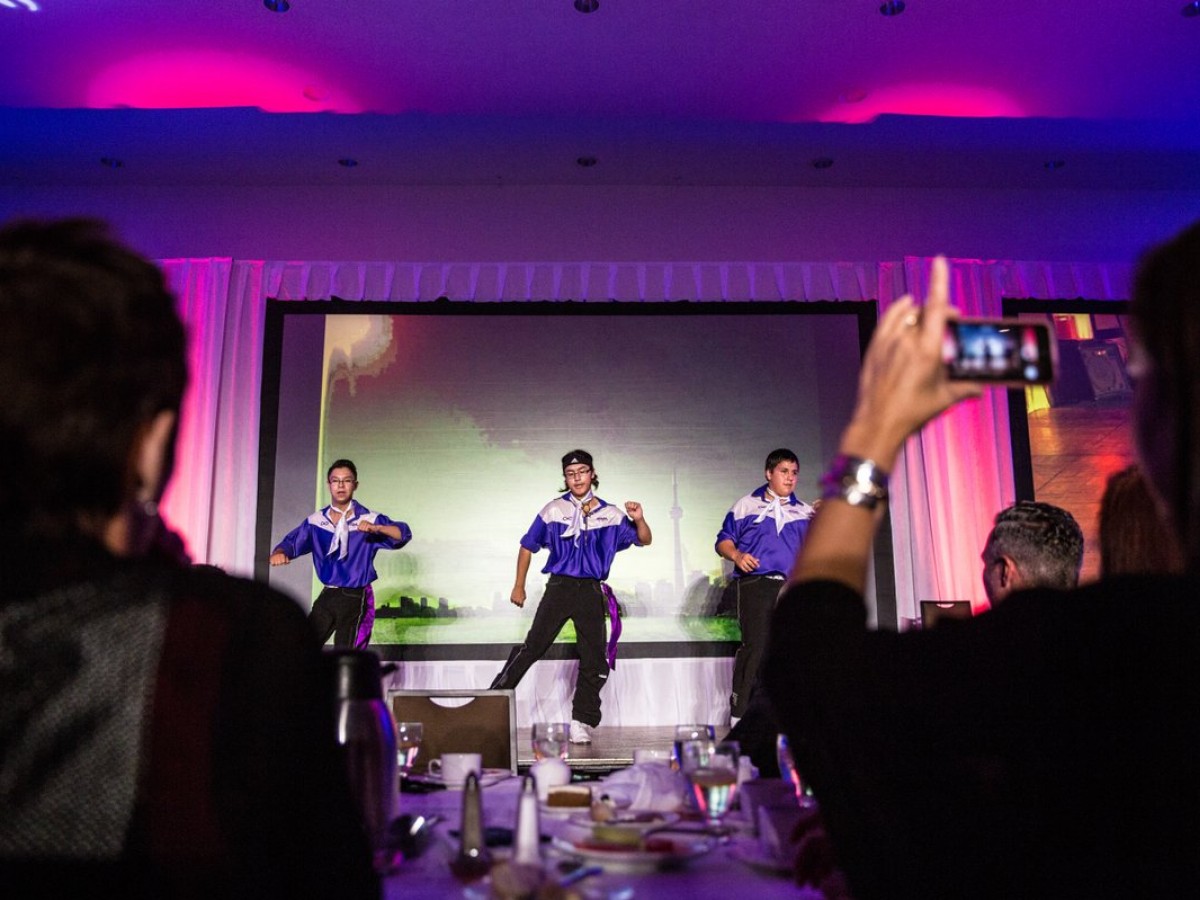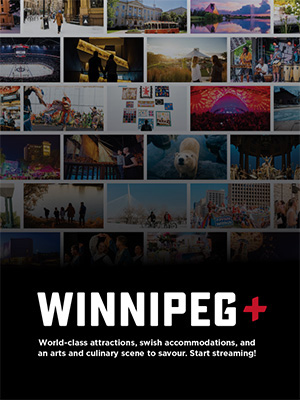To quote the Indigenous Tourism Association of Canada, “Indigenous tourism is reconciliation in action.”
As we learned this week from Holly Courchene, CEO of Indigenous Tourism Manitoba in an industry presentation, our province has incredible potential in this space, and we are investing in Indigenous tourism to the benefit of all Canadians and travellers alike.
On September 30, 2023, the National Day for Truth and Reconciliation in Canada, Treaty 1 territory will offer a plethora of ways to observe the day and absorb its teachings. As we confront the importance of truth and reconciliation in Canada, you can be assured that here in Winnipeg there are numerous ways to honour our Indigenous history and to incorporate diverse programming elements.
Winnipeg is home to Canada’s largest per capita urban Indigenous population, with more than 90,000 people in the city identifying as First Nations, Métis or Inuit. The National Centre for Truth and Reconciliation (NCTR) is located here, providing archives and teachings about Canada’s residential school history. NCTR opened in 2015 at the University of Manitoba and was created to preserve the memory of residential schools and to honour Survivors.
Here are some special sites and talent options to explore in Winnipeg:
1. The Forks in Winnipeg, Manitoba's most visited tourism site and one of the most historically important places in Western Canada, is home to the new Agowiidiwinan Centre. The Centre invites visitors to delve into Indigenous history and the Numbered Treaties just steps away from the confluence of the Red and Assiniboine Rivers, where Indigenous People traded and resided across 6,000 years of history. In the Centre, guests can expand their knowledge about treaties and their impact on Canada’s cultural and legal landscape through an array of interactive tools, visual panels and special educational events.
2. While you're at The Forks, take in the Oodena Celebration Circle, a three-metre deep bowl once filled with artifact-rich soil, which pays striking homage to the Indigenous People of the area who used the spot as a gathering place. Stop to see Niimaamaa, a big, bold stylized sculpture of a pregnant woman located within Niizhoziibean, The Forks' Indigenous-led grounds for gathering and expression. Walk through the history of Indigenous Peoples in Manitoba with stories and legends as you take in monuments and more on a 90-minute, self-guided audio tour. The recording features numerous locals including Elders Clarence and Barbara Nepinak, who named Niizhoziibean (which means Two Rivers in Ojibway).
3. Celebrate and support Indigenous talent and continue to learn from Indigenous Peoples about their cultures, histories and teachings. You can help to build stronger nation-to-nation relationships by inviting and welcoming Indigenous voices. Tap into Winnipeg’s impressive pool of Indigenous artists and performers with the help of Folklorama@Work to wow delegates and support local Indigenous participation.
Indigenous cultures and history at unique off-site venues
Manitoba Museum offers programming to support reconciliation efforts and lays a foundation for understanding the history of Indigenous Peoples in Manitoba. The museum offers intensive artifact and exhibit centred tours, self-guided gallery explorations and workshops that explore Indigenous history and expand understanding about the Treaty relationship.
“For me, respecting the Treaty relationship starts with understanding the Treaty relationship. Knowing the history and moving forward with a willingness to take personal responsibility for the promises made that impact all of us today,” said Rachel Erickson, Director of Learning & Engagement, Manitoba Museum. “To respect the Treaty relationships, event organizers need to commit to Indigenous collaboration from the beginning and continue that collaboration with Indigenous partners on an ongoing basis. It means thinking in terms of community, a grassroots approach rather than a top-down ideology.”
The Museum also offers professional development opportunities to engage participants in dialogue, self-reflection and community-building, through programming that has been co-created by Indigenous community members including Elders, academics, artists and linguists. The “Welcome to Treaty 1” program is a participatory workshop that explores the history of Treaty-making in what is now Manitoba.
“For groups looking for both introductory and specialized content, our Indigenous Focus tours can be tailored to various subject areas, including the history of Canadian colonialism through a close look at the Hudson’s Bay Company Collection, or the history of Indigenous trade and technology through our vast archaeological collections,” said Erickson.
Participants in larger conventions can take in a self-guided, multi-stop gallery experience at their own pace, featuring integrated audio and video content from Indigenous community members.
Read about other unique off-site venues in Winnipeg including Winnipeg Art Gallery-Qaumajuq and the Canadian Museum for Human Rights, and the many ways they provide experiences that deepen delegates’ connections to Indigenous Peoples.

